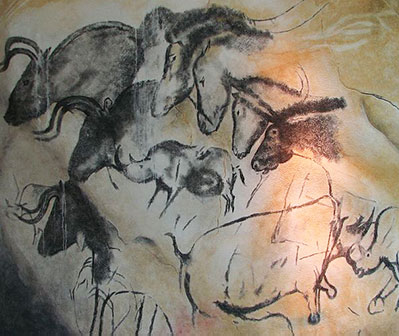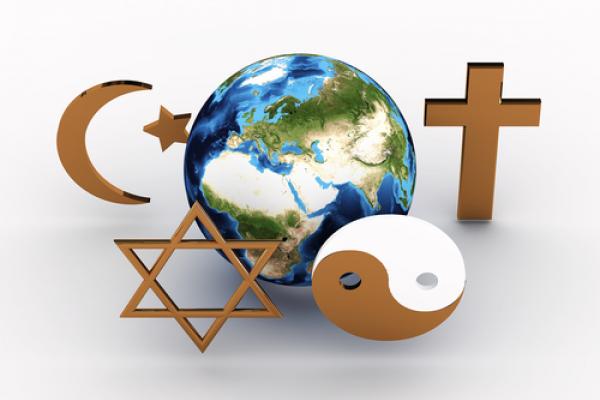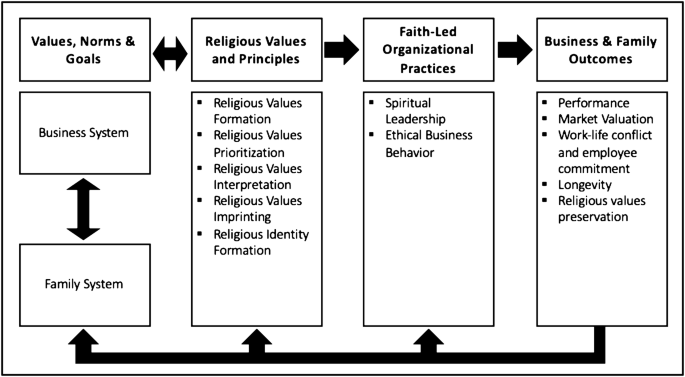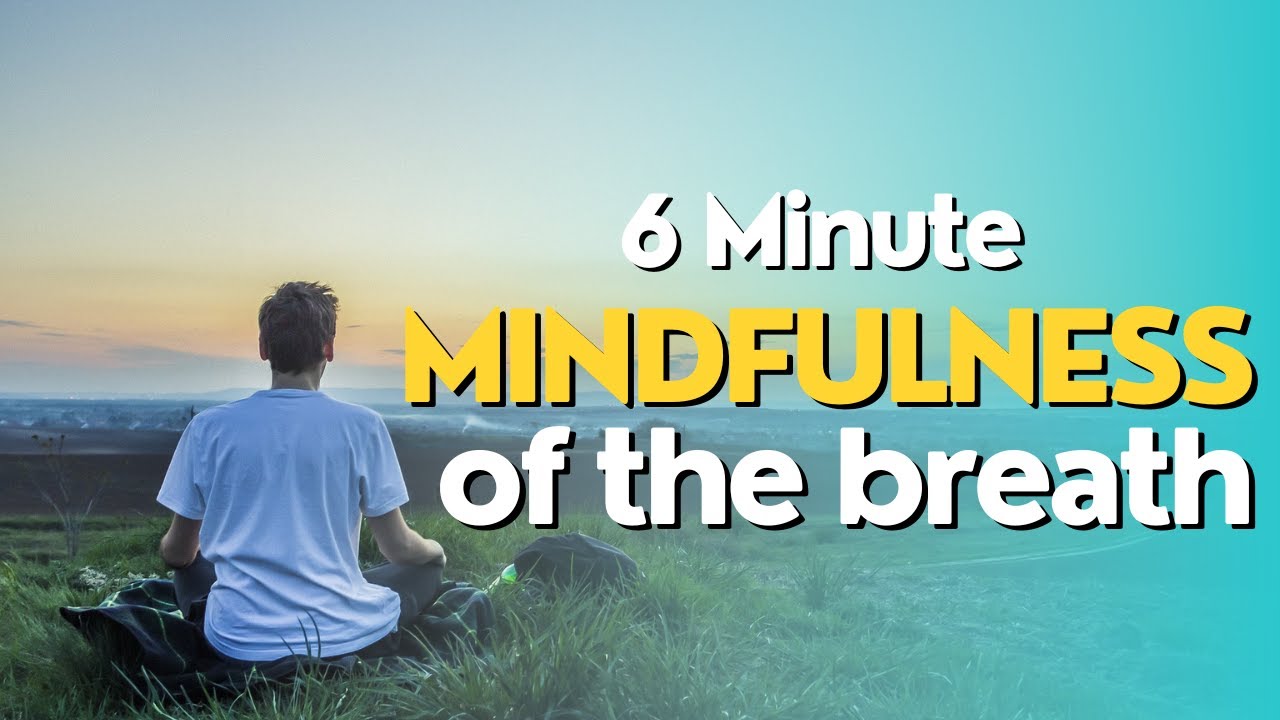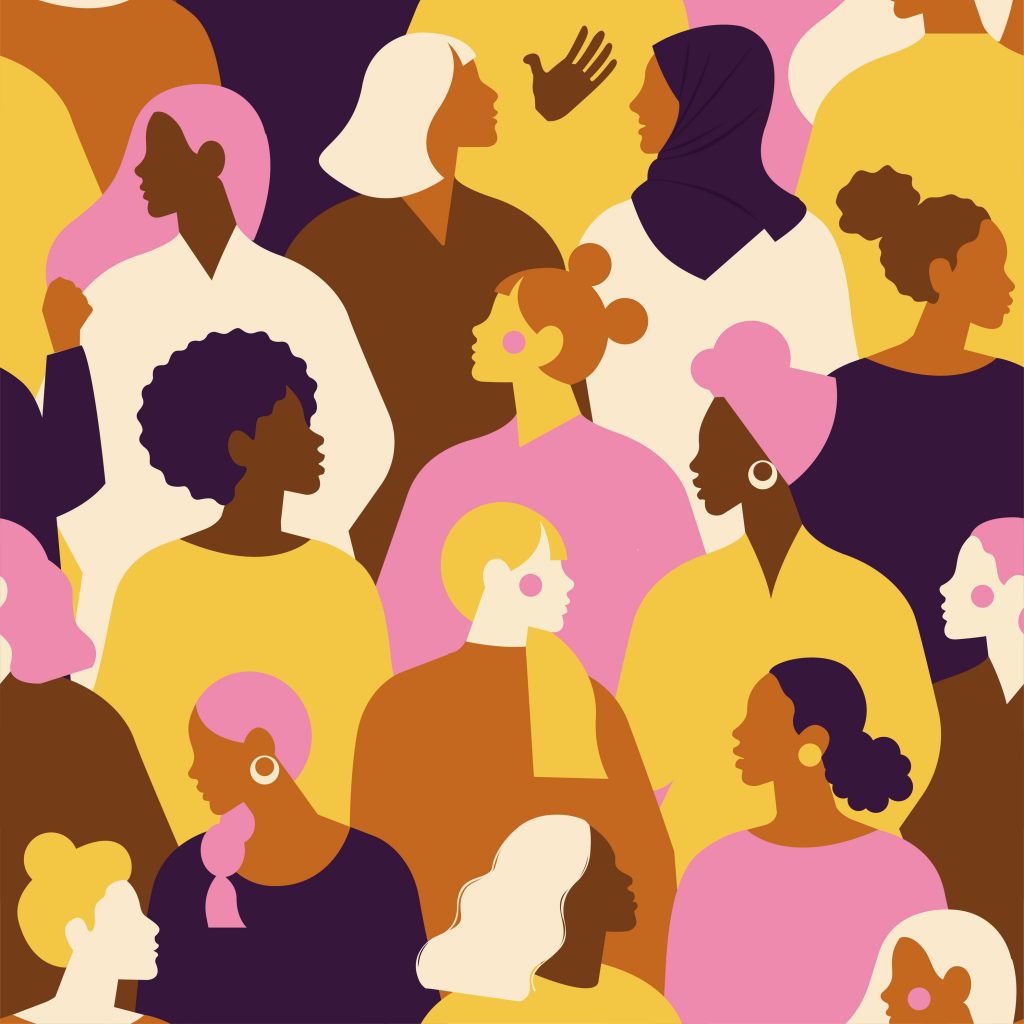Religion has played a significant role in human history and continues to impact societies today. Exploring religious history and anthropology can provide us with insights into the past and present. In this blog post, we will delve into the topic and uncover invaluable knowledge that can help us understand the world we live in.
Religious History and Anthropology: A Brief Overview
Religious history is the study of how religions have evolved over time, examining their origins, beliefs, and practices. It involves analyzing various cultural, social, and economic factors that shaped religious movements throughout history.
Anthropology, on the other hand, is the study of human societies and cultures, examining their beliefs, customs, and practices. It involves observing and analyzing how people live, work, and interact with one another, including their religious and spiritual practices.
Together, religious history and anthropology offer powerful tools for understanding the role of religion in shaping human societies.
Relevance of Religious History and Anthropology in Today’s World
Knowing the history and evolution of different religions can help us appreciate their impact on various societies and cultures. This knowledge helps us to understand the beliefs and practices that shape different groups of people. This understanding can also help us to respect and appreciate different cultures, leading to peaceful coexistence.
At the same time, studying religious anthropology reveals that religious beliefs and practices are not static. They are subject to change and adaptation, as societies evolve. Thus, understanding the evolution of religious practices can help us better understand and anticipate the religious trends of today and the future.
Exploring Religion and Spirituality in Society
Religious history and anthropology help us explore the intricate relationship between society, culture, and religion. Religious practices are embedded in social, economic, and political contexts, and studying how these contexts shape religious movements helps us understand how society and religion interact.
Moreover, studying religious anthropology gives us insights into how people understand their place in the world and how they deal with the uncertainties and difficulties of life. From rituals to prayers, different religions offer ways to cope with various challenges, and this knowledge can be helpful in understanding how societies address issues like death and suffering.
Conclusion
In conclusion, exploring religious history and anthropology is a valuable undertaking that can help us understand the world we live in. Understanding the evolution of religious practices helps us appreciate and respect different cultures while anticipating the religious trends of today and the future. At the same time, understanding the relationship between religion and society helps us appreciate how religion shapes societies and can help us address various issues in society, like challenges that are common to all humans.







